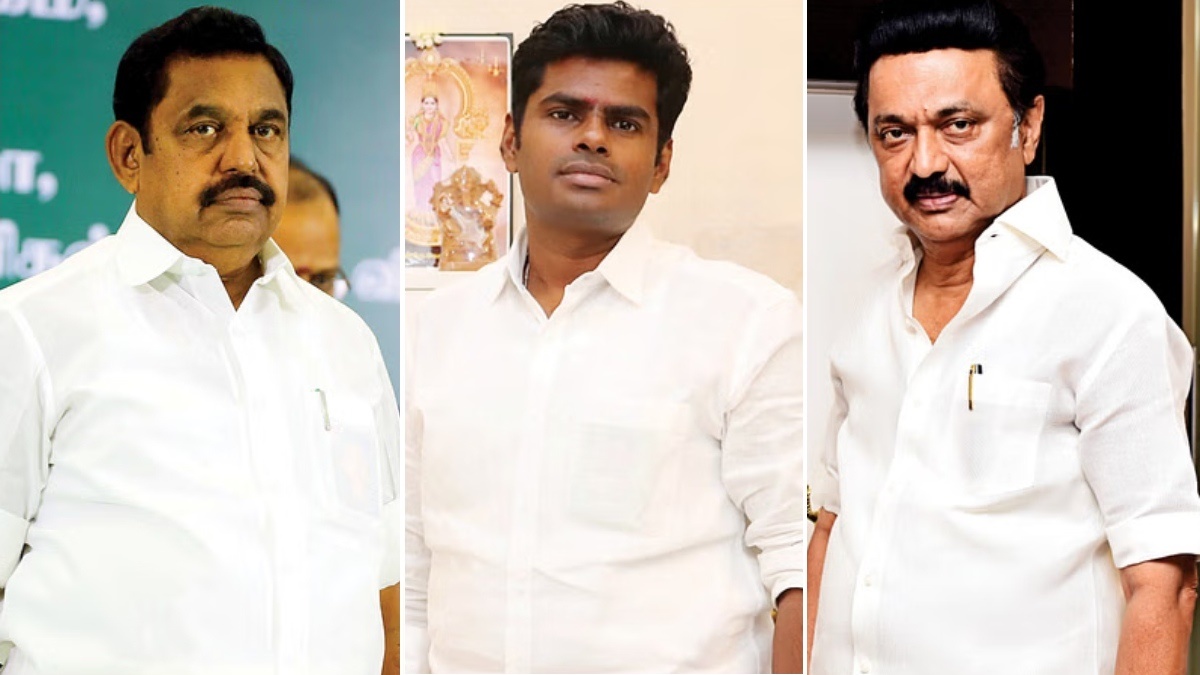
To be or not to be: Why India is wary of joining RCEP?
New Delhi, Nov 04: Plans to finalise the long-overdue Regional Comprehensive Economic Partnership (RCEP) at ASEAN summit in Bangkok seems uncertain after new demands raised by India in the negotiations to create the world's largest trading bloc.
According to the reports, except India, all the 15 RCEP member countries are on board in finalising the deal.

What is RCEP?
RCEP, established in 2012, will cater to half of world's population controlling a quarter of the world's GDP and trillions of dollars in trade. It accounts for 25% of global GDP, 30% of global trade, 26% of foreign direct investment (FDI) flows and 45% of the total population.
The RCEP negotiations aim to achieve a modern, comprehensive, high-quality, and mutually beneficial economic partnership agreement among the ASEAN member States and ASEAN's FTA partners.
The members include Brunei, Cambodia, Indonesia, Malaysia, Myanmar, Singapore, Thailand, the Philippines, Laos and Vietnam) and their six free trade pact partners - India, China, Japan, South Korea, Australia and New Zealand.

Why is India wary of RCEP?
India is still officially open to the deal but it has raised concern over its small businesses will be hard hit by any flood of cheap Chinese goods.
India's worry is that an FTA within the RCEP will just become a cover for duty free trade into India for Chinese goods.
New Delhi is asking for adequate protection against cheap Chinese imports in order to make the deal more acceptable to the Indian industry and agriculture.
Prime Minister Narendra Modi, who is participating in the summit said "opening the vast Indian market must be matched by openings in some areas where our businesses can also benefit."

What arguments are in favour of India?
Amid economic slowdown, RCEP is seen as a bold step to practically flat export-to-GDP growth.
An article in Bloomberg.com argued that free trade "raises productivity, boosts output, creates jobs and ultimately stimulates demand".
Given India's low-industrial base, the RCEP would help it "make the transition from an agriculture-based economy".

RCEP pact will deal ‘body blow' to economy: Sonia Gandhi
Congress interim chief Sonia Gandhi has launched an all out attack on the government on the state of economy, saying signing the RCEP agreement will result in "untold hardship" for farmers, shopkeepers and small enterprises.
"As economic decisions have not damaged the economy enough, it is now ready to deal a body blow to it by signing the Regional Comprehensive Economic Partnership Agreement (RCEP) - the regional free trade agreement of 16 Asian countries," Gandhi said.

Goyal counters Sonia
In a series of tweets, Union Minister Piyush Goyal said, "Smt. Sonia Gandhi ji has suddenly woken up to RCEP and FTAs. So where was she - When FTA with ASEAN was signed in 2010? When FTA with South Korea was signed in 2010? When FTA with Malaysia was signed in 2011? When FTA with Japan was signed in 2011? "
"So where was she When her Govt. opened 74% of its market to ASEAN countries but richer countries like Indonesia opened only 50% for India? Why did she not speak against giving larger concessions to richer countries," he further said.
Where was Sonia ji when her Govt agreed to explore an India-China FTA in 2007? I hope ex PM Dr Manmohan Singh will speak up against this insult to him, Goyal further said

Not being part of RCEP will harm India's exports: CII
The Confederation of Indian Industry's (CII) feels that not being part of the proposed mega trade deal RCEP will harm India's exports and future investment flow by cutting off the country from the trading bloc comprising 15 other nations in terms of preferential access
The CII comments assume significance as a section of domestic industries has raised serious concerns over the RCEP deal over tariff related issues.

Farmers worry
Farmers fear cutting tariffs on dairy and other produce would open the door to cheap Chinese imports and threaten an agriculture sector that is the backbone of the country. They have appealed to the government not to sign the deal.
The bilateral trade between India and ASEAN increased from USD 65 billion in 2015-16 to USD 81.33 billion in 2017-18.


 Click it and Unblock the Notifications
Click it and Unblock the Notifications

































